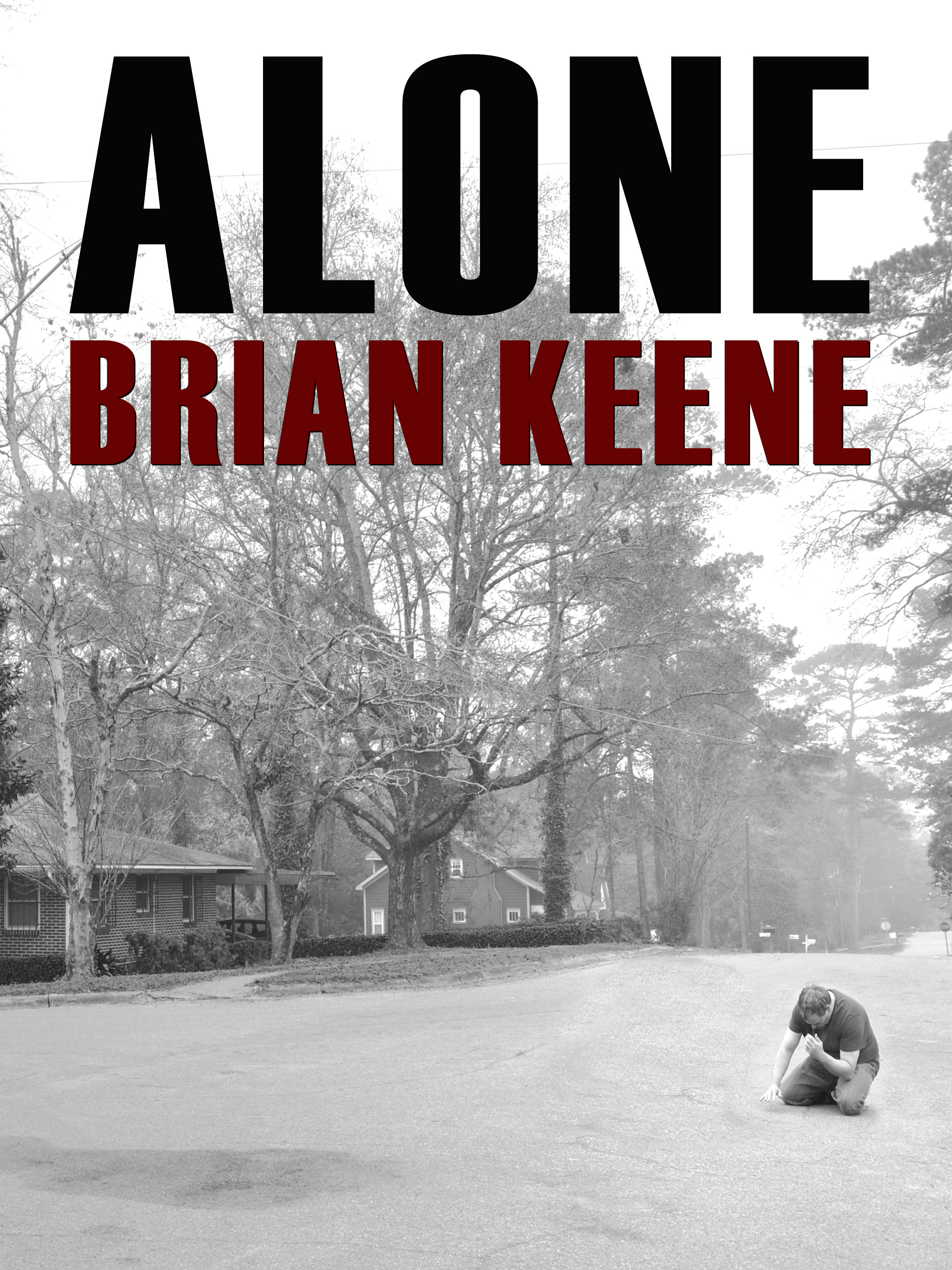So earlier today I sent out a tweet, as I am apt to do, and this happened:

What can we learn from this? Who the hell knows. When you think about it, the tweet isn't really that profound. It can definitely be worded better. I had wanted to put "months and months" instead of "a year" but it just wouldn't fit. Also, in retrospect, I would have ended it with "too much" instead of "too high." And, of course, comparing a cup of coffee to a book is like comparing apples and popsicles (hint: you can't really compare them). The price of $4.99, too ... it certainly could have been $9.99 or anything else, but I figured $4.99 was a pretty low cost for a novel, which made it even more ridiculous when people complain it's too expensive. Still, it seemed to have struck a chord with a bunch of folks, so I guess that's a good thing.
Here's the background: today I happened upon an article about Starbucks and an upgrade to their app (or maybe it was a new app) and it mentioned how they were now making it possible to tip using the app, and it got me thinking about, hey, as a writer, we don't get tips, and then I remembered that analogy Dean Wesley Smith always says how a cup of coffee blah blah blah (note: I don't really agree with him) and so, as I am apt to do, I typed up a quick tweet and sent it and then one of my followers retweeted it and then one of their followers retweeted it and, like that proverbial snowball, it became viral. I mean, hey, Scott effin Westerfeld retweeted me.

Now, I know a thing about going viral. Well, okay, I really don't, as I don't think anybody knows exactly how things go viral. A lot of people try, and a lot of them fail, though some do manage it. Most times, the things that go viral were never really meant to go viral. Take Hint Fiction, for instance. When I wrote that original essay, I never would have imagined it would one day become what it has become, but there you go.
So anyway, I've had my fifteen minutes of Twitter fame, and it was very odd. Besides people retweeting it, there were those who tweeted me saying how much they agreed, those who tweeted me saying how much they disagreed, those who tweeted arguing over just how much a cup of coffee is and how some people don't tip their baristas, and some even sending me links as counterpoint. Some of them I engaged with, others I did not.
Because, really, when it comes right down to it, it's a friggin tweet. There's no profound statement being said here -- at least one was not intended. I was just thinking about how writers do a lot of work and are never given tips, and how it's fascinating in our culture that certain professions are tipped, others are not. How, really, it has become required to tip at certain places, and other places not so much.
But, again, you can't really compare coffee and books.
Besides, writers do receive tips from readers. If anything, I think the best tip a reader can give a writer whose work they enjoy is to help spread the word.
It may not be a monetary compensation, but it means the world to that writer. Or at least it should. Any writer who doesn't appreciate their readers is an asshole and doesn't deserve those readers to begin with.
Oh, and yeah, this happened too:

Something tells me everything else in my Twitter career will be downhill from here.

